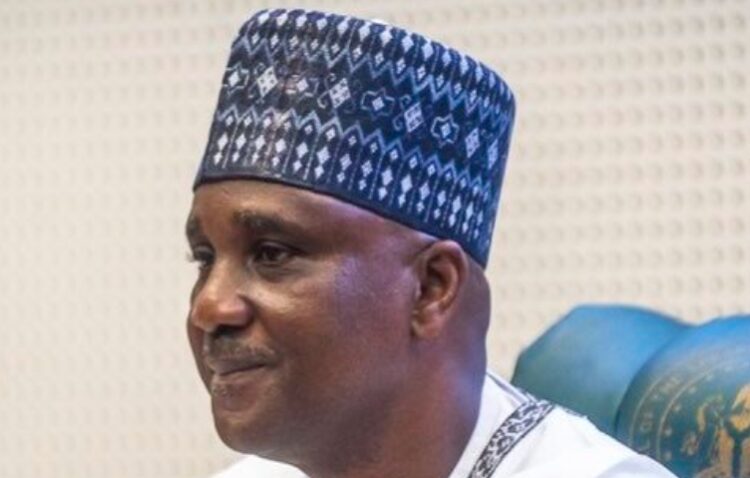The Senate, on Wednesday, passed a bill mandating the compulsory registration of Nigerians, which seeks to overhaul Nigeria’s identity management system through the repeal and reenactment of the National Identity Management Commission Act.
The bill also provides for the creation of a centralized database and a commission responsible for registering citizens and issuing identity cards.
The bill passage followed the adoption of the report submitted by the Chairman of the Senate Committee on National Identity Card and Population, Senator Victor Umeh.
Umeh is the lawmaker representing Anambra Central on the platform of the Labour Party.
According to him, the agency will be responsible for maintaining the national identity database, registering individuals and issuing identity credentials.
He said, “The bill will facilitate the creation of a national identity database, enhance biometric data collection, and empower the NIMC to issue regulations and guidelines for implementing the Act and other related matters.”
The senator also assured that the Act would establish a streamlined identity system governed by less restrictive, non-discriminatory, and cost-effective data protection measures that comply with global standards.
Umeh added that the bill received overwhelming support from stakeholders during the public hearing due to the urgent need for a comprehensive national identity system.
Bill To Abolish Death Penalty Scales Second Reading At House Of Reps
A bill seeking to abolish death penalty has passed the second reading at the house of representatives
The bill, sponsored by Benjamin Kalu, deputy speaker of the house, and six other lawmakers, seeks to amend section 33 (1) of the 1999 constitution.
The aforementioned section stipulates that: “Every person has a right to life, and no one shall be deprived intentionally of his life, save in execution of the sentence of a court in respect of a criminal offence of which he has been found guilty in Nigeria”.
The bill proposes to delete the phrase: “Save in execution of the sentence of a court in respect of a criminal offence of which he has been found guilty in Nigeria”.
While Nigeria retains death penalty for various crimes such as armed robbery, and murder, among others, executions are rare, as successive presidents and governors have refrained from signing death warrants since 1999, leading to a backlog of death row inmates



